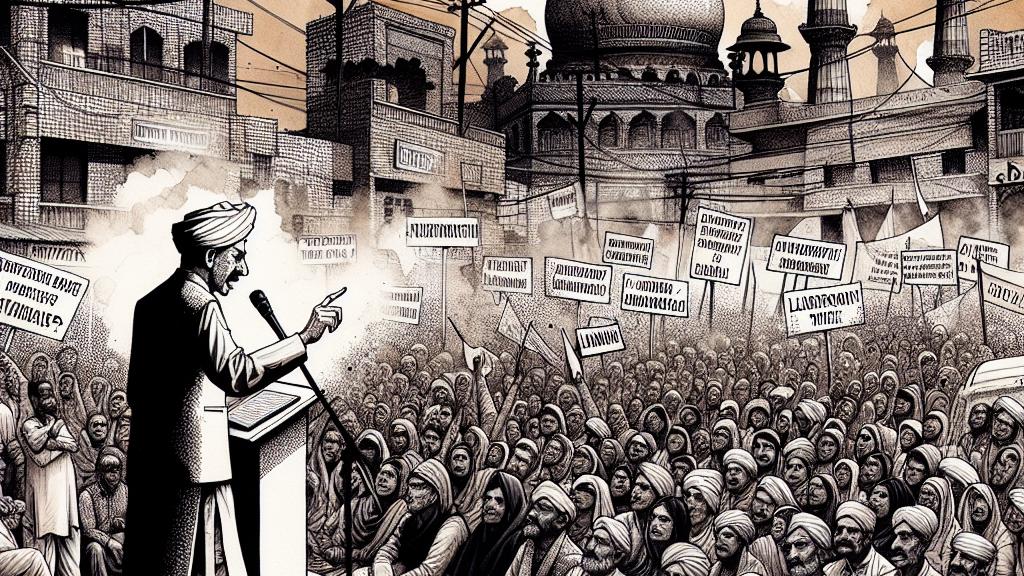Bangladesh Protests Remarks by Amit Shah During Jharkhand Visit
Overview
- Bangladesh lodged a strong protest in response to Amit Shah's controversial speech in Jharkhand, highlighting sensitive diplomatic issues.
- Shah's comments about Bangladeshi immigrants stirred significant tensions and reactions from Dhaka.
- The protest signals ongoing complexities and historical grievances in India-Bangladesh relations, necessitating careful dialogue.

Context of the Protest
The controversy ignited during a political rally in Jharkhand, India, where Union Home Minister Amit Shah made inflammatory remarks regarding Bangladeshi nationals. He provocatively questioned the legitimacy of their presence, stating, 'Does this land belong to Adivasis or to Bangladeshi infiltrators?' This statement struck a nerve, recalling painful memories of migration and demographic shifts along the India-Bangladesh border. Such charged language not only threatens local stability but also invites backlash at the diplomatic level. Indeed, comments like these reveal the deeply rooted complexities in the narratives of both nations, urging us to ponder their intertwined histories filled with rich, but challenging, interactions.
Reactions from Bangladesh
In a swift and stern reply, the Bangladeshi government issued a formal protest note, denouncing Shah’s comments as 'highly deplorable' and reflecting a 'deep sense of hurt.' This reaction exemplifies how seriously national identity and citizen representation are regarded in Bangladesh. Their Ministry of Foreign Affairs insisted that such rhetoric does little to mitigate misunderstandings fostered by existing stereotypes. They called upon Indian leaders to exercise greater caution in their public statements, emphasizing the importance of nurturing mutual respect. This interactive diplomatic approach reminds us that bridging gaps in understanding can often lead to stronger relations, rather than heightening divides.
Broader Implications
Shah's remarks do more than just incite immediate discontent; they underscore significant thematic issues relating to immigration, identity, and belonging for both countries. The narratives shaping the lives of countless Bangladeshis are intertwined with their Indian counterparts, making the ongoing discussions about citizenship particularly poignant. Furthermore, many citizens on both sides yearn for peaceful coexistence, and inflammatory statements can easily undermine these aspirations. To pave the way for a more harmonious future, it is vital for leaders to focus on fostering dialogues rooted in empathy and understanding. By prioritizing collaboration over confrontation, both nations can work towards a shared vision where cultural and historical contexts are acknowledged, leading to a more prosperous coexistence.

Loading...